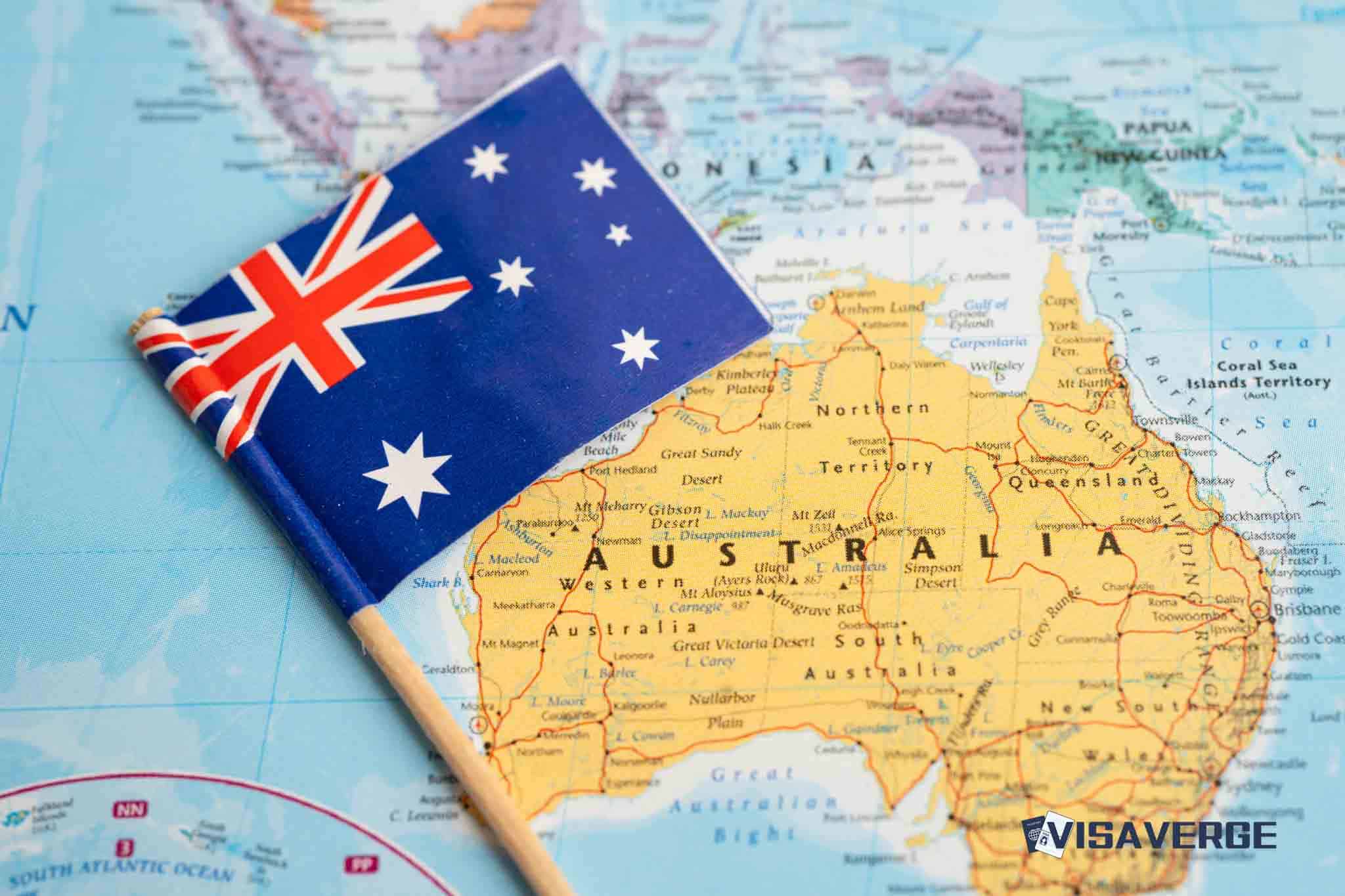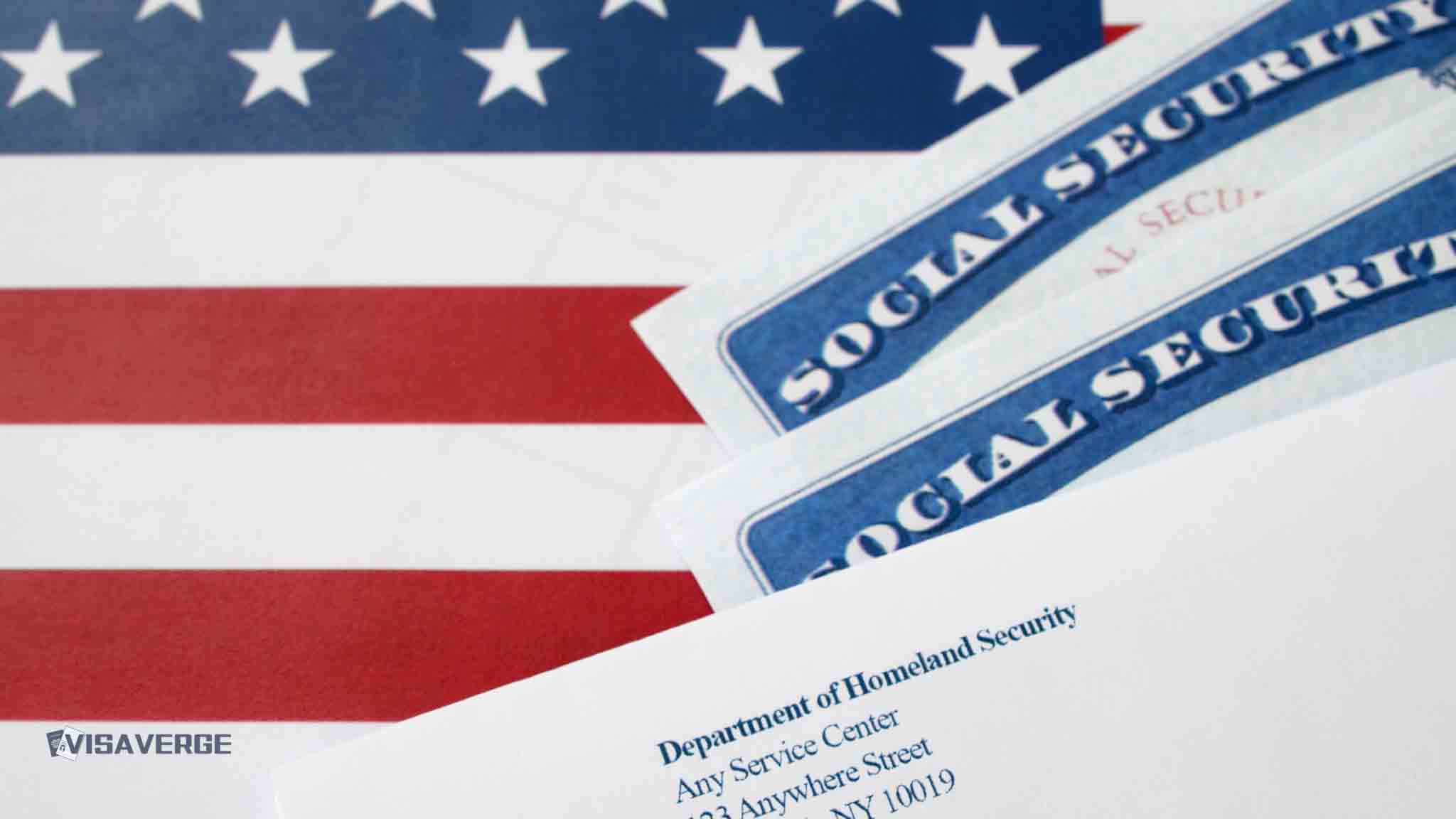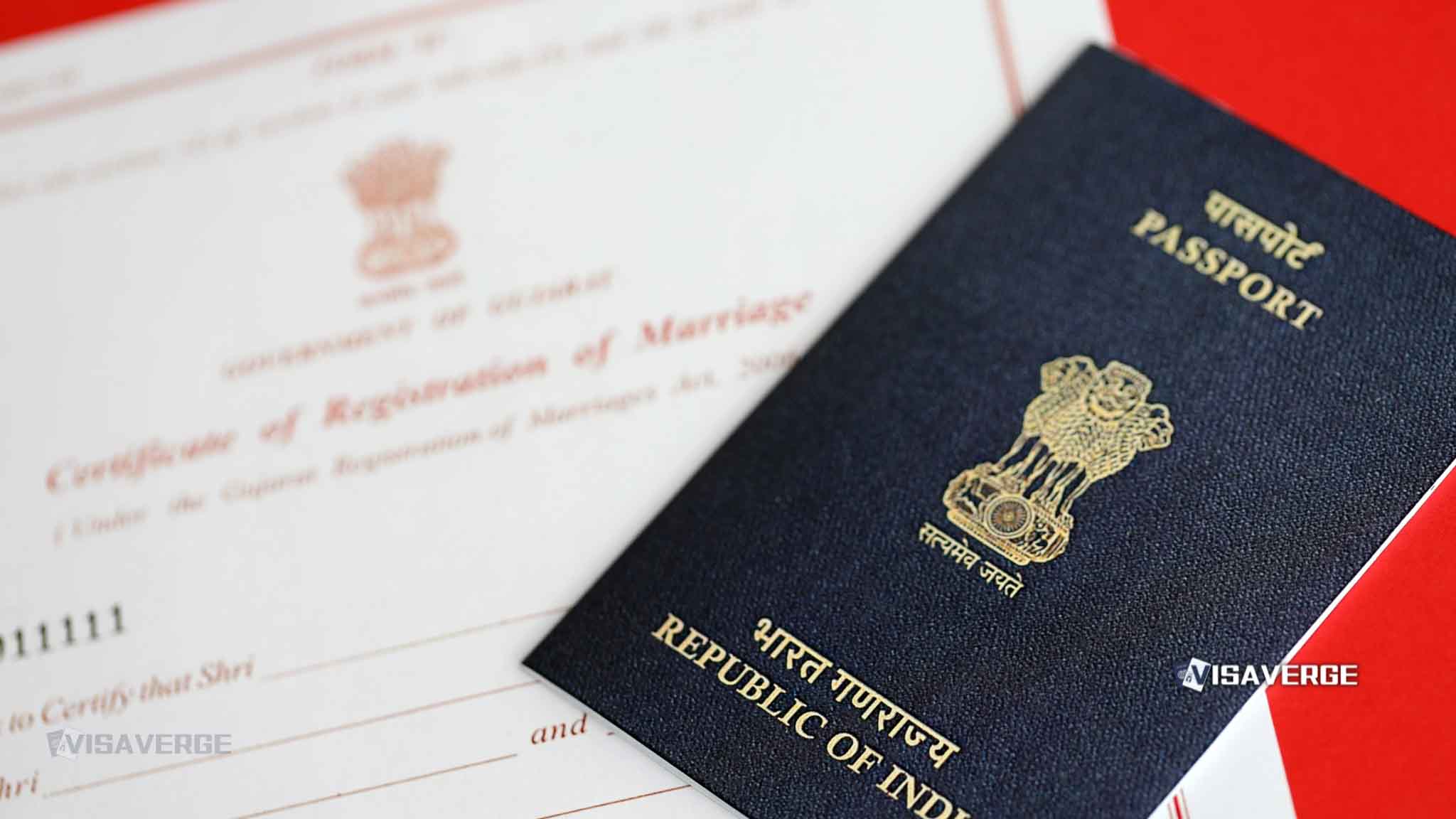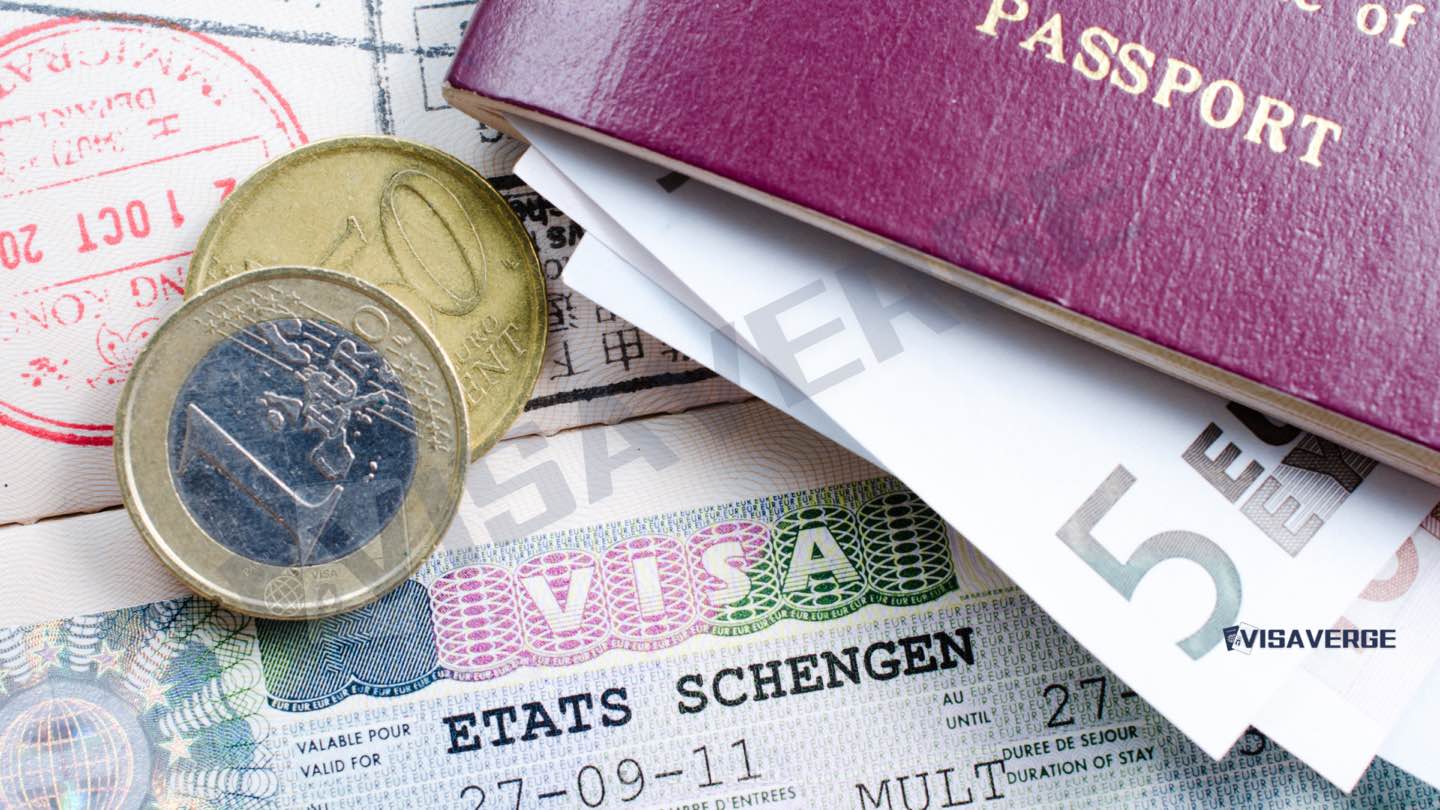In recent developments within Australian higher education, several Australian universities, including Wollongong and La Trobe, have taken the unprecedented step of requesting international students to withdraw their offers. This move comes in light of changing visa regulations announced by the administration of Prime Minister Anthony Albanese. But what does this mean for current and prospective international students? Let’s delve into the details.
Understanding the Visa Changes

Last December, the Australian government unveiled a new migration strategy emphasizing prioritizing student visa applications based on the risk levels of educational institutions. This introduced a classification where some universities were deemed high risk, affecting their international applicants’ visa processing times.
This revision has notably impacted students from India and Bangladesh, with visa issuance for these demographics hitting record lows. The direct implication for universities rated as high risk is a delayed processing time for student visas, creating a bottleneck effect that has concerned many within the education sector.
The Impact on International Students
The changes have led some universities to take proactive measures. Wollongong and La Trobe universities, specifically, have canceled certificates of enrolment for international students under the pretense of these federal changes. This decision reflects a defensive stance against potential visa rejections, which could further escalate the institutions’ risk levels.
These measures come against the backdrop of an alarming increase in visa application rejections. According to the Association of Australian Education Representatives in India (AAERI), the refusal rates for international students in the second half of last year were at 21 percent. This number jumps to 37 percent, 39 percent, and 52 percent for applicants from Pakistan, India, and Nepal, respectively.
What Options Do Students Have?
In light of these visa changes, international students faced with uncertainty have a couple of options. An email from the University of Wollongong to a student outlined these: withdrawing their offer and receiving a refund or deferring their offer.
The University of Wollongong communicated their decision candidly, stating:
“Unfortunately, the Australian Government has recently implemented substantial changes to its migration strategy. Given those changes, the close commencement of your preferred intake, and the fact that you have not received a visa outcome as yet, UOW has determined that you are unlikely to meet the new criteria to obtain a positive visa outcome.”
La Trobe University also confirmed that it is working with a small fraction of its international applicants, less than 0.4 percent, to review and possibly revise their applications.
Looking Forward
For international students planning to study in Australia, these developments necessitate a reevaluation of their options. India, being the second source country for international students in Australia, with 158,724 enrollments between January and October of 2023, indicates the significant impact these changes could have on students from this demographic and others.
Prospective students are advised to stay informed about the policy landscape governing student visas in Australia. Consulting official sources such as the Australian Department of Education and the Australian Department of Home Affairs for the most current information and guidance on visa applications can be immensely helpful.
Further, engaging with educational consultants who are abreast of the evolving situation and can offer tailored advice might be crucial during this uncertain period. Universities themselves, while navigating these changes, may also provide resources and support to affected students.
Conclusion
The landscape of international education in Australia is undergoing significant change, influenced by the new migration strategy. As Australian universities adjust to these changes, it’s paramount for international students to remain informed and explore all available avenues to navigate these challenges. By doing so, they can make informed decisions about their educational journeys in Australia.
This Article In A Nutshell:
Australian universities like Wollongong and La Trobe are urging international students to reconsider offers due to new visa rules. High-risk classification impacts processing times, affecting applicants from India and Bangladesh. Students facing uncertainty can withdraw or defer offers. Staying updated on visa policies and seeking guidance is key in these changing times.













